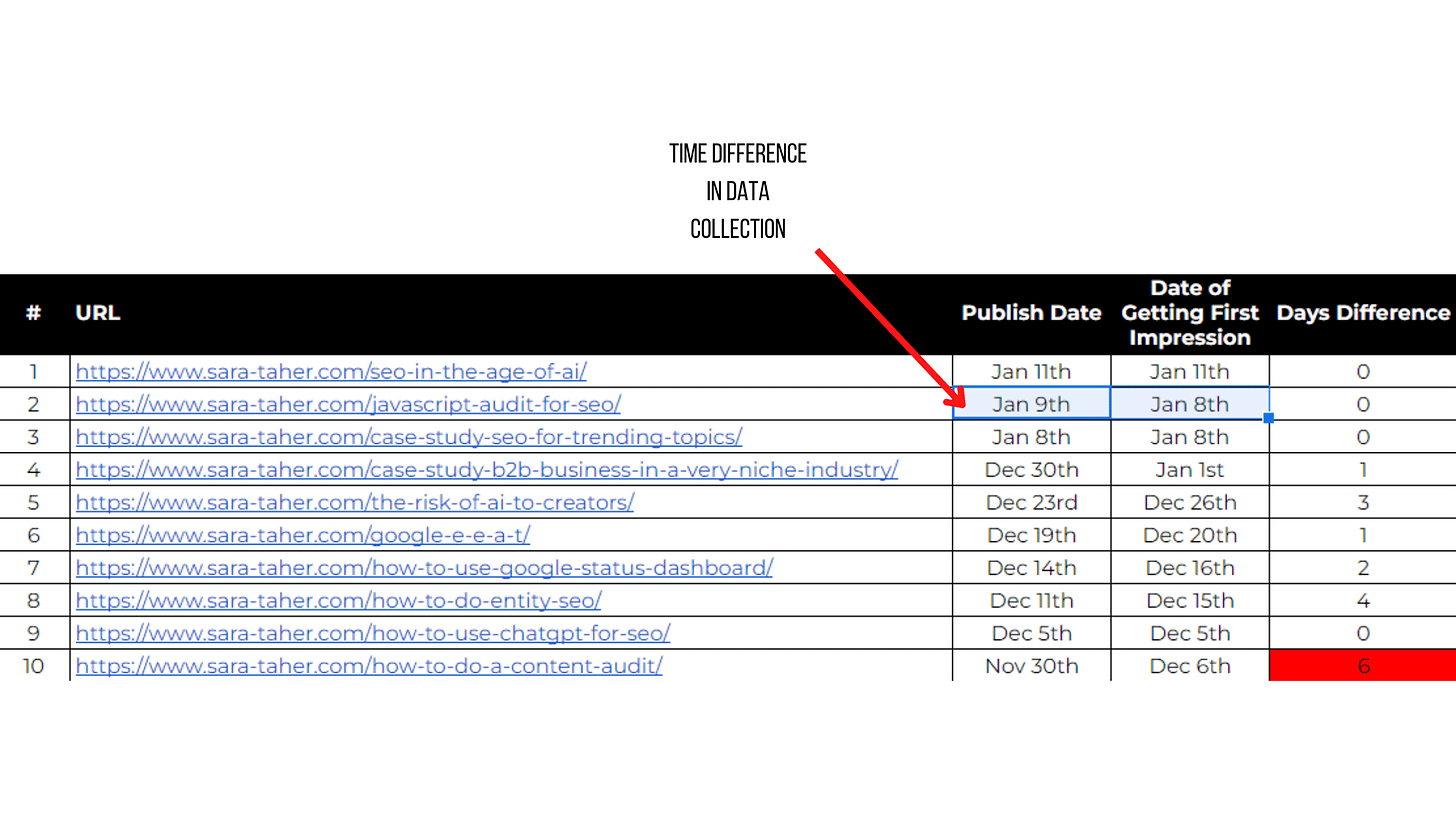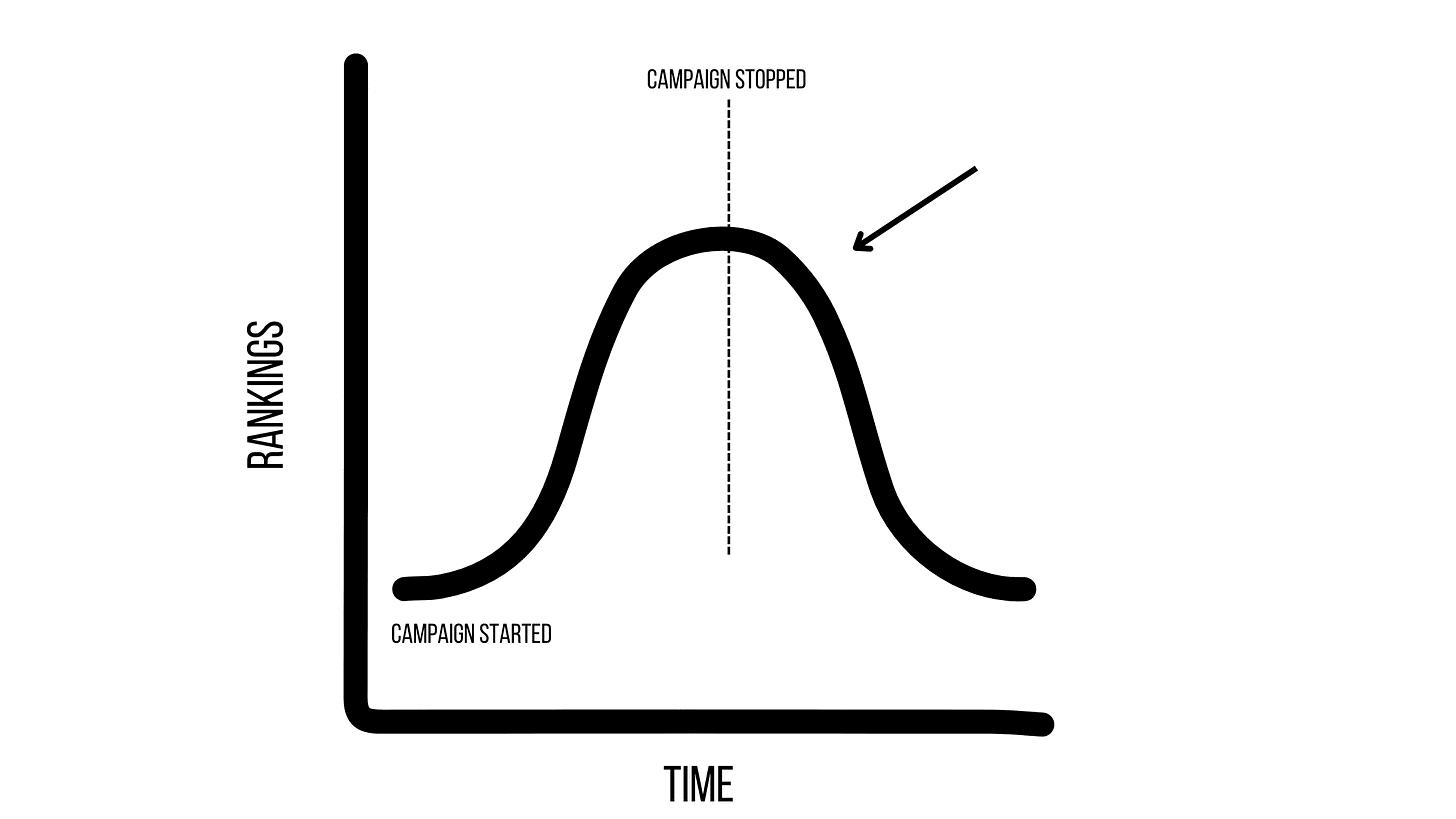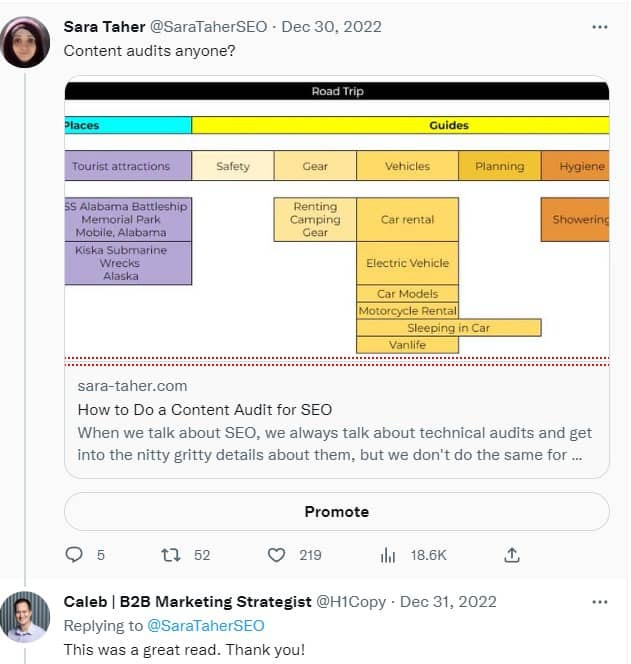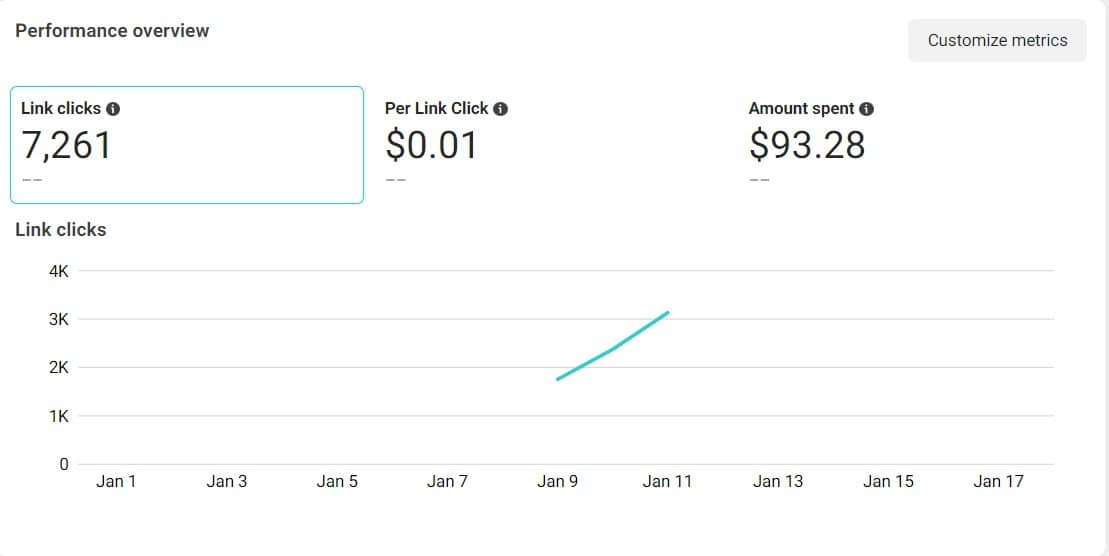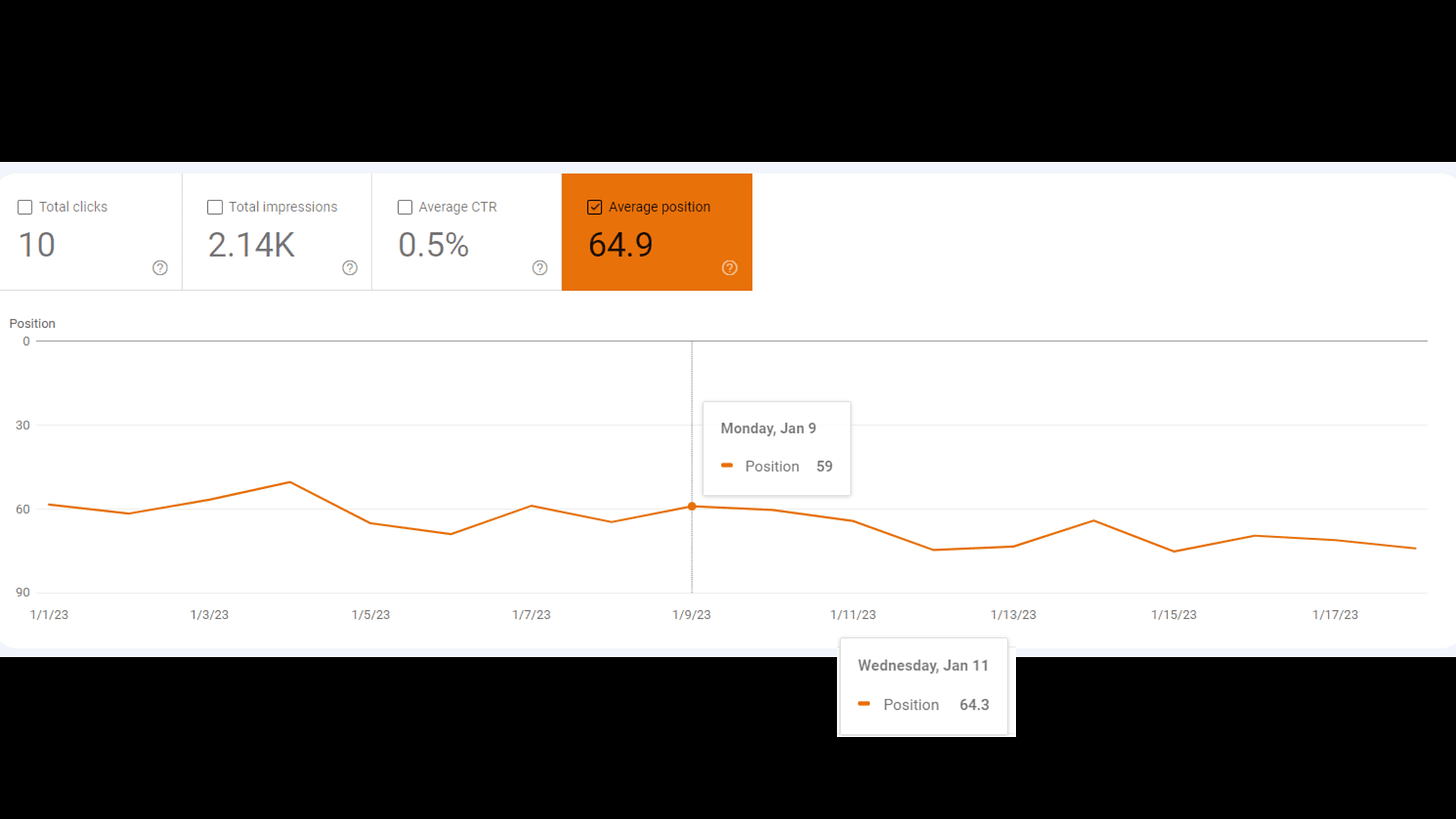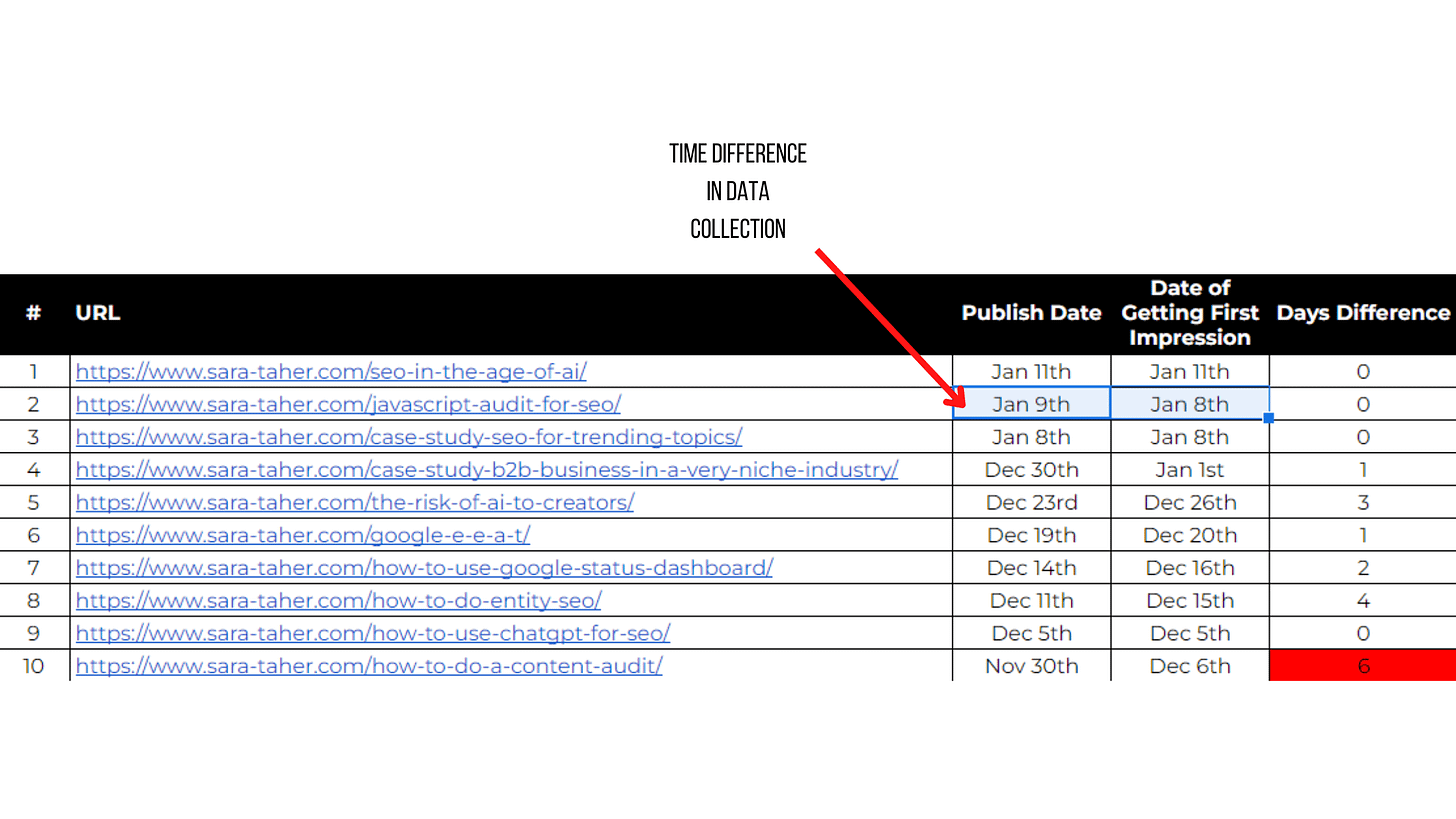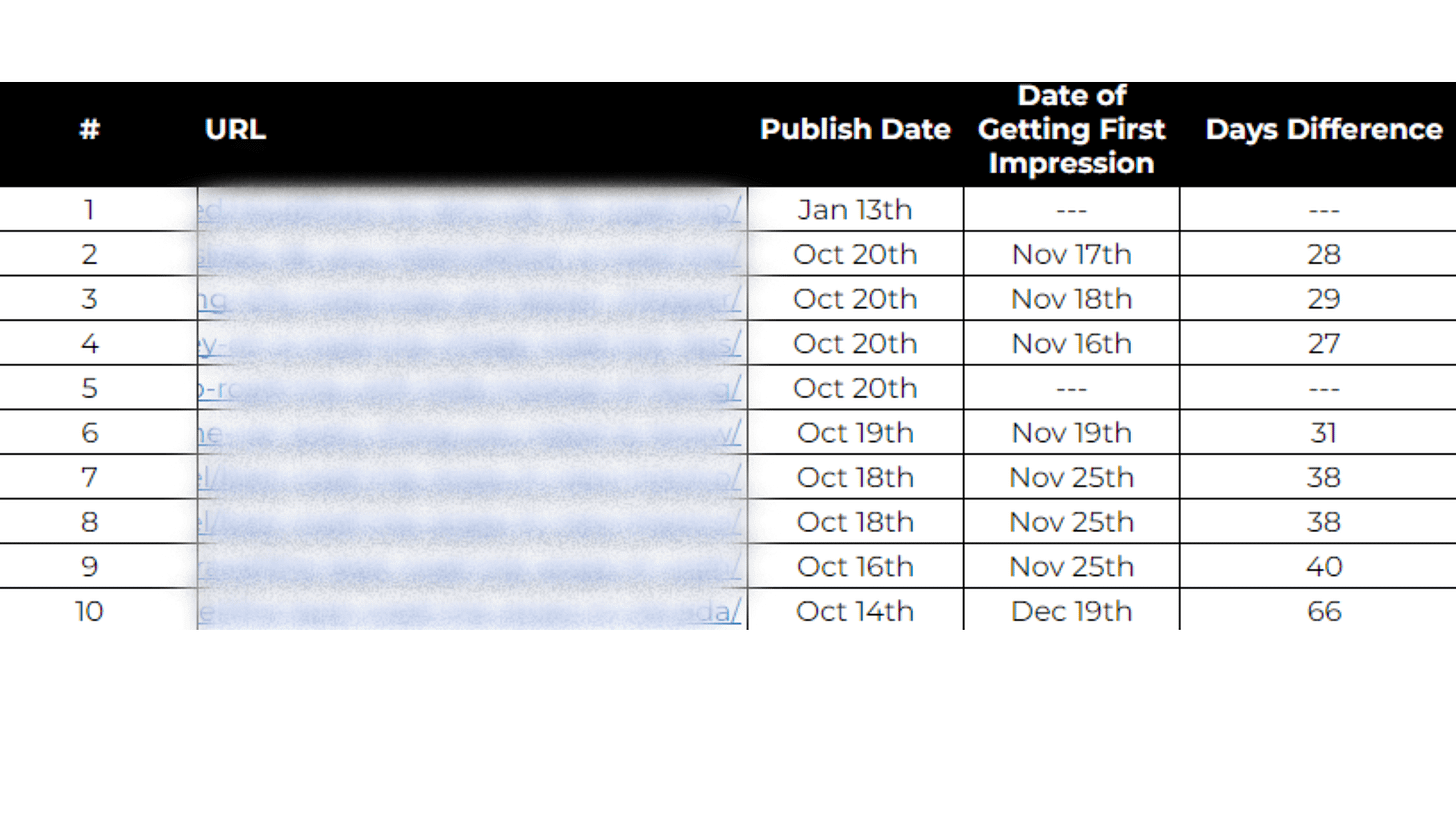SEO Test: Do Social Signals Matter?
There are 3 things if you talk about in the SEO world, not many people will like to listen:
Social signals (traffic to website from a social platform and engagement on website URLs on social media)
Unlinked brand mentions
Non-clickable links
But do these things actually impact ranking? I decided to run an SEO experiment to test that out for myself.
TL;DR: Jump to Conclusion
Background
In 2014, when I started learning about SEO, I remember one time running a Facebook Ad to get traffic to a specific blog article on my website. As the campaign started running and I was getting thousands of clicks, I saw an increase in rankings in GSC. The movement was similar to a bell curve.
And maybe back in the day it made sense to Google if a URL is getting plenty of attention on social media, then that means its a "valuable URL"... Also note how the algorithm didn't make steep changes in rankings.
John Muller 2022
In an Google SEO office hours, an SEO was asking about indexation issues his website was facing and John Muller replied suggesting 3 things:
Not to use the site: operator as a diagnostic tool (a topic for another day)
Check the technical side of things first to make sure there are no crawling or indexing issues
Bombshell: promote your website by buying ads for example.
Why is this a bombshell? because does this mean social signals impact a website's indexing? (short answer: yes they do)
SEO Testing
So, I chose a fairly popular URL on my website that has attracted plenty of engagement and traffic already from Twitter and decided to run a Facebook ad campaign for 3 days with a $100 budget.
Did this impact rankings?
Nope!
What about indexing? Do social signals impact indexing?
Going back to what John Muller mentioned above. I collected this data off my website. I compared publishing data against the date the URL started getting its first impression in GSC, here's how the data looks like for the last 10 articles published on my website:
Few things to note:
My website has 30 pages indexed in total (not all of these are blogs).
My website is a new website (launched August 2022) in a competitive industry.
The only advantage I have, is a strong personal brand on LinkedIn.
The last URL (no. 10) got plenty of social signals on twitter and yet took the longer than any other URL to get impressions.
For URL no.2, the data looks like that because of the time difference.
Control Website
Like any good experiment, you need control data. Luckily I have launched a test website to try things around the same time I launched my personal website and using the same CMS (ghost.io).
On this test website I have around 40 blogs.
I have built only 1 backlink and the website has NO social signals.
Here's the data from the control website:
As you can see, the pages are taking so long to get indexed, as there are no external efforts done to promote the website.
Conclusion
💡 Social signals are one of the things that impact the speed at which your pages get indexed. But they have little value for improving ranking.
From the data above, I'd say having a strong social presence gives your website an extra push in terms of URLs getting indexed but not in rankings.
Also, because of the last URL on the list, I'd say there's more that needs to be looked into. The data definitely does support what John Muller said.
There's a striking difference between the speed at which pages on my website get indexed vs. pages on my test website.
Another important conclusion is that, the results align with Google's E-E-A-T signals intended to display the most reliable informative results in SERPs, and therefore being popular on social media does not necessarily mean a page is a reliable source of data and deserves a higher spot in SERPs.

